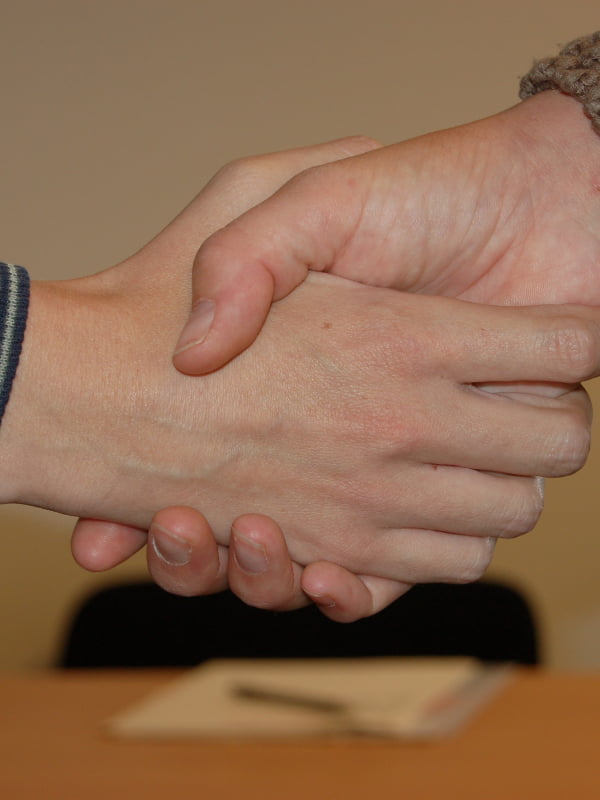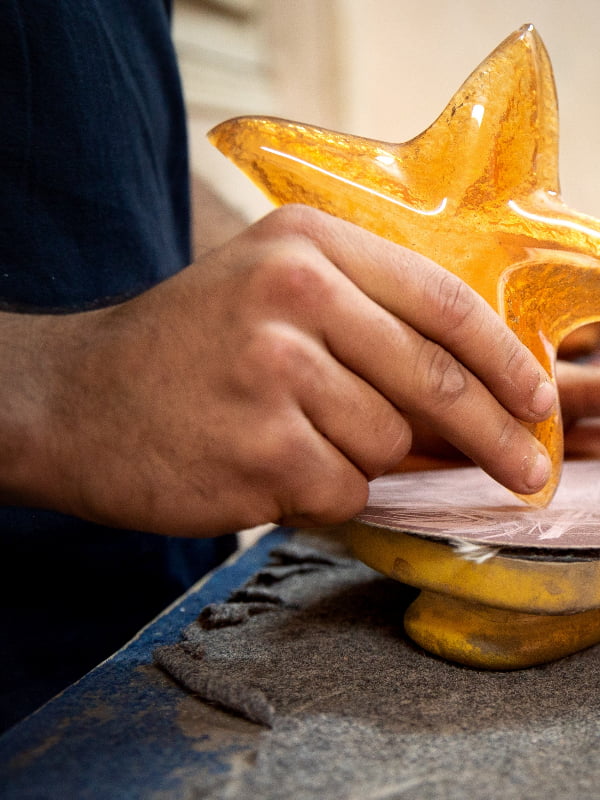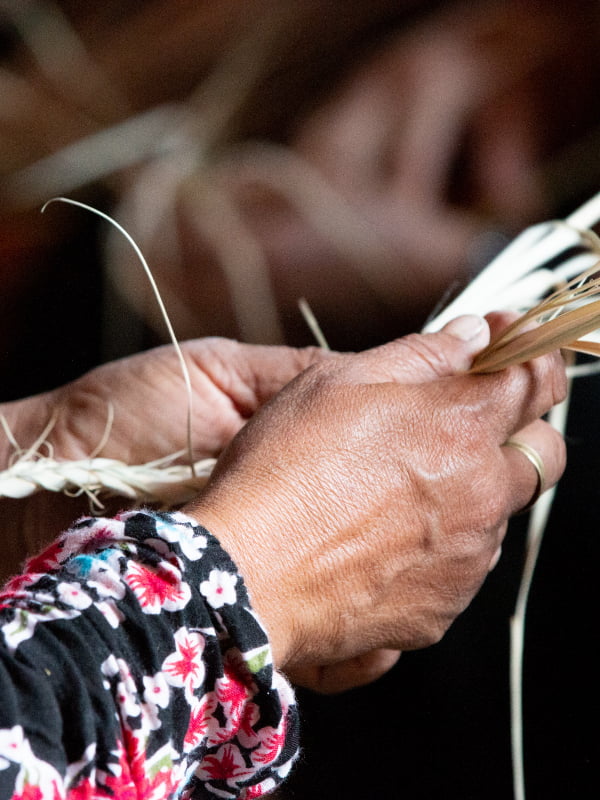Novelty search in Europe and worldwide
The state of the art is everything that has been made public either verbally or in writing prior to the application being filed. The aim of the novelty search is to ascertain this state of the art.
In the Netherlands
A novelty search has been a requirement when making an application in the Netherlands since legislative amendments were made to the Patent Act 1995. This search allows both the applicant and a third party to be in a better position to estimate the value of the patent granted. A request for a novelty search must be submitted no later than 13 months following your patent application, otherwise your application will expire. You will receive the search results approximately 9 months following submission of the request for a search. You may subsequently rewrite your patent application on the basis of the literature that was found (that may conflict with your patent application).
National or international search
A patent applicant may choose between a national or an international novelty search. There is no qualitative difference between the 2 types. We are responsible for carrying out the national novelty search, and an international novelty search is carried out by the European Patent Office.
It is more expensive to carry out an international search (€ 794) than it is to carry out a national search (€ 100). However, the international search may be used again if applying for a European patent or when following the PCT-route.
Who carries out the novelty search?
A specialist from our staff or from the European Patent Office compares your patent application with similar descriptions in patent literature and other literature, such as magazines and online publications. In doing so, he/she mainly uses patent databases.
Search report
The results of the search are recorded in a search report. This report usually contains a number of patent publications and magazine articles. Our office supplies a written opinion with the search report. You then have a further 2 months to rewrite the application on the basis of the search results, if the invention is not as novel as previously thought, for example. This creates a patent right that is more likely to maintain in court during the course of legal proceedings.
The Patent Act 1995
The search report is an important document for both the patent applicant and for other parties, such as competitors. This report forms the only tool with which an examination can be made as to whether the patent fulfils the requirements of novelty and the inventive step. Under the Patent Act 1995, patents are, after all granted in advance without an examination, and this is therefore the case even if one can deduce from the report that the nature of the patent is neither new nor inventive.
In Europe
The state of the art is everything that has been made public either verbally or in writing prior to the application being filed. The aim of the novelty search is to ascertain this state of the art. When applying for a European patent, an international novelty search must be carried out.
You must request a novelty search immediately after filing your application. If you fail to do so, you will be notified by the European Patent Office with regard to the term in which you may still request a search. If you do not request a search within this set term, your application will expire. You will receive the search results after approximately 9 months. You may subsequently rewrite your patent application on the basis of the literature that was found (that may conflict with your patent application).
National or international search
A patent applicant may choose between a national or an international novelty search. There is no qualitative difference between the 2 types. We are responsible for carrying out the national novelty search, and an international novelty search is carried out by the European Patent Office.
It is more expensive to carry out an international search (€ 794) than it is to carry out a national search (€ 100). However, the international search may be used again if applying for a European patent or when following the PCT-route.
Who carries out the novelty search?
Our staff may not carry out an international novelty search. A specialist of the European Patent Office (or one of the International Search Authorities) will therefore carry out this search. This specialist compares your patent application with similar descriptions in patent literature and other literature, such as magazines and online publications. In doing so, you can use patent databases.
Search results
The results of the search are recorded in a search report. This report usually contains a number of patent publications and magazine articles. The search report is supplied with what is known as a 'written opinion'.
You may subsequently rewrite your patent application on the basis of the literature that was found (that may conflict with your patent application), for example if the invention is not as novel as previously thought. This creates a patent right that is more likely to maintain in court during the course of legal proceedings.
Worldwide
The state of the art is everything that has been made public either verbally or in writing prior to the application being filed. The aim of the novelty search is to ascertain this state of the art. When applying for a patent via the PCT procedure, an international novelty search must be carried out.
You must request a novelty search immediately after filing your application. If you fail to do so, you will be notified by the European Patent Office with regard to the term in which you may still request a search. If you do not request a search within this set term, your application will expire. You will receive the search results after approximately 9 months. You may subsequently rewrite your patent application on the basis of the literature that was found (that may conflict with your patent application).
National or international search
A patent applicant may choose between a national or an international novelty search. There is no qualitative difference between the 2 types. We are responsible for carrying out the national novelty search. An international novelty search is carried out by the European Patent Office.
It is more expensive to carry out an international search (€ 794) than it is to carry out a national search (€ 100). However, the international search may be used again if applying for a European patent or when following the PCT-route.
Who carries out the novelty search?
Our staff may not carry out an international novelty search. A specialist of the European Patent Office (one of the International Search Authorities) will therefore carry out this search. This specialist compares your patent application with similar descriptions in patent literature and other literature, such as magazines and online publications. In doing so, you mainly use patent databases.
Search results
The results of the search are recorded in a search report. This report usually contains a number of patent publications and magazine articles. The search report is supplied with what is known as a 'written opinion'.
You may subsequently rewrite your patent application on the basis of the literature that was found (that may conflict with your patent application), for example if the invention is not as new as previously thought. This creates a patent right that is more likely to maintain in court during the course of legal proceedings.
Contact us
If you need more information on how to apply for a patent in the Netherlands, please contact the public information office.



